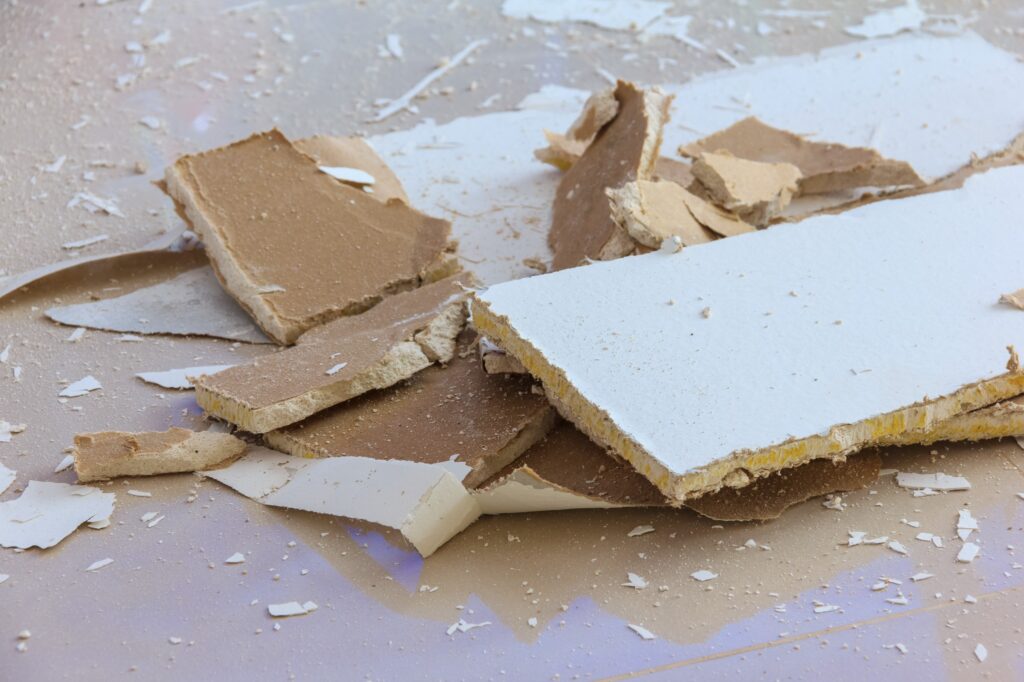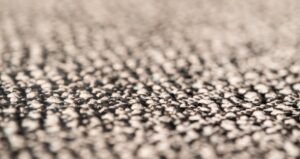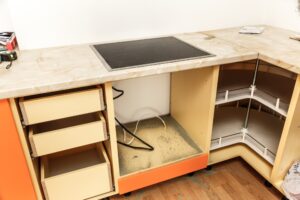Drywall is a common building material used in homes and commercial buildings. It is a relatively inexpensive and easy-to-install material that is used to create walls and ceilings. But, what happens if drywall gets wet?
However, drywall is not impervious to water damage. When drywall gets wet, it leads to a variety of problems that compromise the structural integrity of your home or building.
Drywall is not the only part of your home you need to worry about after water or flood damage. Carpets may be damaged as well. Check out our carpet repair service page for more information.
In this article, we will explore what happens when drywall gets wet and how to prevent and repair water damage.
What Happens If Drywall Gets Wet?
When drywall gets wet, a variety of problems unfold. The most common problem is the growth of mold and mildew. Mold and mildew thrive in moist environments and quickly spread throughout your home or building.
Mold and mildew cause health problems, especially for people with allergies or respiratory issues. In addition to mold and mildew, wet drywall also leads to structural damage.
Severely damaged drywall will weaken and eventually collapse. Wet drywall also causes damage to the underlying structure, such as wood framing or insulation.
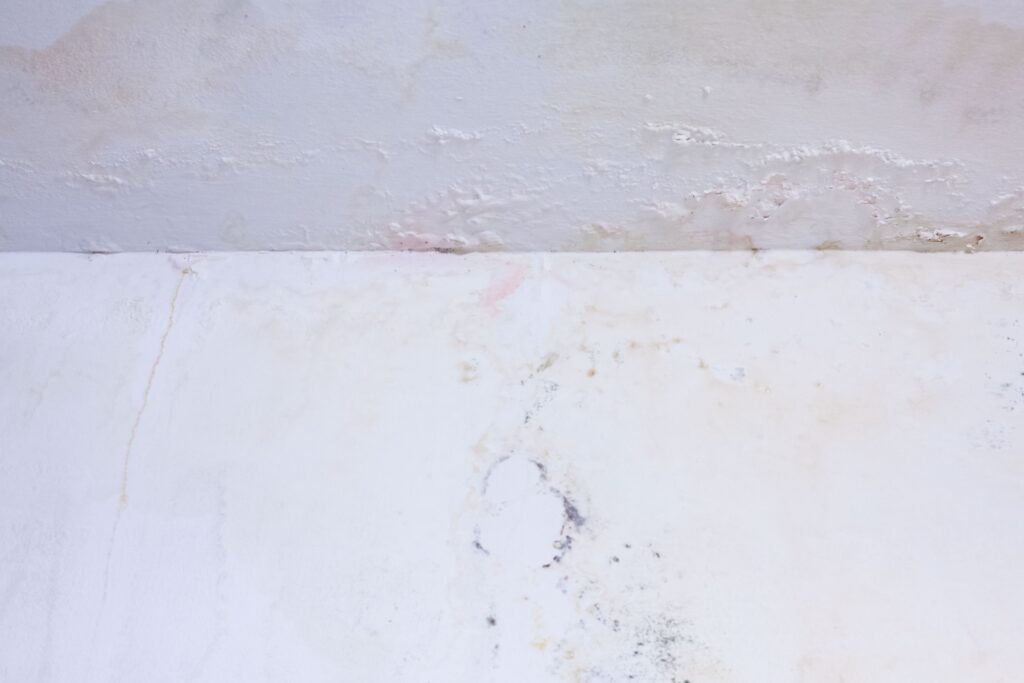
Read one of our other articles titled, “Water Pipe Burst in House-What To Do,” for some great instructional tips.
How to Prevent Water Damage to Drywall
Preventing water damage to drywall is the best way to avoid the problems associated with wet drywall. The best way to prevent water damage is to identify and fix any leaks or sources of moisture as soon as possible.
This includes repairing any leaks in your roof, plumbing, or HVAC system. It is also important to ensure that your home or building has proper ventilation to prevent moisture buildup.
In addition, take steps to protect your drywall from water damage by using moisture-resistant drywall or installing a moisture barrier between the drywall and any potential sources of moisture.
The Consumer Product Safety Commission has published helpful information to help homeowners identify problem drywall and gives advice on how to fix it.
How to Repair Water-Damaged Drywall
If your drywall has already been damaged by water, it is important to take action as soon as possible to prevent further damage. The first step is to identify and fix the source of the water damage.
Once the source of the water damage has been fixed, you can begin the process of repairing the drywall. The first step is to remove any wet or damaged drywall. If you are trying to DIY, Home Depot has written tips for how to remove drywall that will be helpful to you.
This involves cutting out the damaged section of drywall and replacing it with new drywall. It is important to ensure that the wood framing or insulation, is also dry and free of mold or mildew.
Once the underlying structure is dry and free of mold or mildew, install new drywall and finish it to match the surrounding area.
The Federal Trade Commission has published an article titled, “Beware of Bogus Tests, Inspections, and Fixes for Damaged Drywall.”
Removing and repairing water damaged is a difficult job and not one that most homeowners feel confident doing themselves. Here at Ace Carpet Cleaning, water damage restoration is one of our specialties. You can trust us to repair your home the right way.
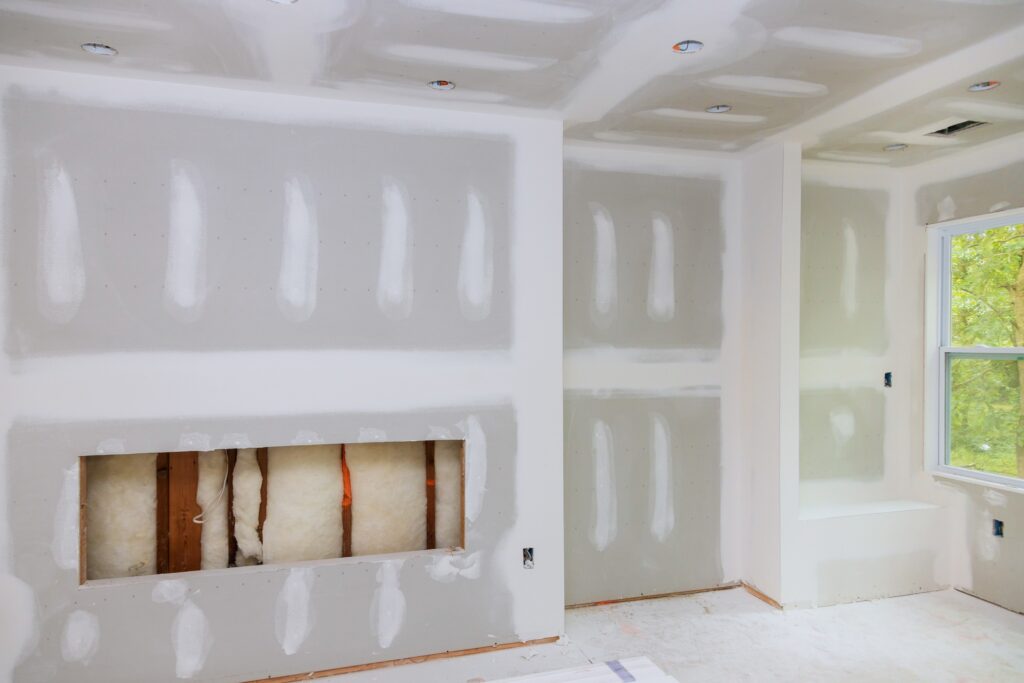
Final Thoughts
Around 95% of homes and buildings in the United States are constructed with drywall. This means that as a homeowner, you must take precautionary measures to prevent water from damaging your home’s drywall. As well as knowing what to do after water has damaged your home.
Now that you are equipped with this knowledge, you are prepared in the event that your home is damaged from water or flooding.

